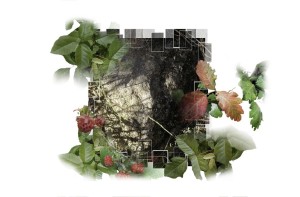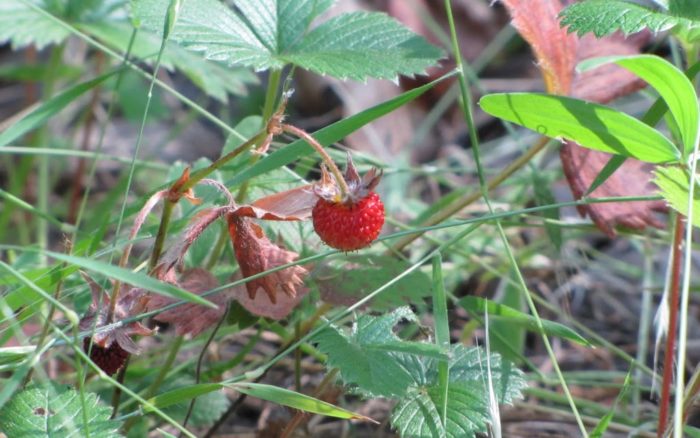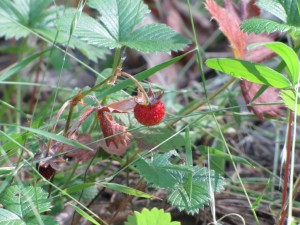Wild Strawberries and Poets
them—and when you least expect.
I have several poets as friends from whom I have learned a great deal. I think of them as my wild strawberry friends. When poet Leah Shelleda joined our writing group in recent years, we were suddenly all writing poetry, experimenting with concentrated essence of image. Leah’s poetry is smart poetry, informed by philosophy, her travels, her activism. In her poem “‘Extinct Birds’” (After the Jug Was Broken, pp.32-33) she laments loss of species as she pages through Walter Rothchild’s illustrated Extinct Birds (1907). In this chilling excerpt she declares:
I’m grounded
trying to find the alphabet
of lost flight
“No known specimen”The Great Auk the Madagascar hawk
the last ones died of indifference
Now the mere rumor of a remote
sighting would thrill us
If we didn’t ignore
all but our own music
would the Carolina parakeet
still be singing?
My friend Naomi Ruth Lowinsky’s poetry is haunted, often a communication with ancestors who didn’t live to say what happened. Her work is full of love of the dead and the living, the words moving on the page like waves washing upon the shore from mother sea. In this excerpt from her poem “muse” (a maze: poems of a journey, p. 8) she addresses her grandmother who died in the Shoah:
have you been released out of the realm of the moon
has your spirit risen to the sun’s
place of sacrifice
are you speaking to me
from there
The holding of intolerable pain of life was first modeled for me through poet Elizabeth Herron’s work. Elizabeth organized my writing group, a member for years. Her poems teach presence in the moment, and, as Jung would have said, reflect the transcendent function of writing. This excerpt from her poem “Forgiveness” ( Dark Season, p.15) describes that inner space of painful holding:
[when] the salt
of every attempt to escape the empty hour
only sharpens your pain, make a cup
of your grief, an empty room, and waituntil the waiting is a place
you have lived, a place you know
by heart.
Poetry, like the wild strawberry, lies close to the ground of our being. In receiving the poem, we learn to cut out excess, tasting only the present. And from this presence even of what may seem unbearable, we paradoxically experience the fullness of life.
There are poets more famous than these, my friends, but none from whom I have learned more. These friends I have sat with, year in and year out, as we gathered low lying fruit. In part, it is learning by transmission. So when I stood by the grave rock of my beloved goat Boris, now covered with grasses, poison oak— and wild strawberries— I was joined in spirit by my friend poets as I wrote:
Prayer on the Grave of an Old Goat
You have become wild
strawberries and poison oak,
delicacies
you always loved.
 |
| Photo art by Bill Fulton |

